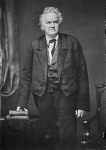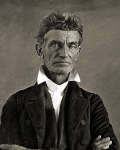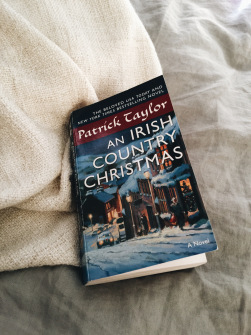
Joshua Giddings (R-OH)
In late February, 1856, John Brown wrote Joshua Giddings from Kansas. He feared that the Army would soon suppress the free state movement. If that happened, Brown thought that antislavery Kansans might well fight it out and so make themselves traitors to the United States by the ordinary understanding of the term as well as by the one Franklin Pierce dreamed up. Congress might get in the way of that, so Brown wrote Giddings pleading for an inside line on what the body intended.
It took a while for Giddings to write back, but he did on March 17. He gave Brown mixed news, pointing out that the anti-Nebraska coalition that controlled the House but that they depended on Know-Nothings for their majority “and they are in a very doubtful position.” Giddings could only promise that he and other antislavery men would “try to relieve you.” Brown can’t have taken much solace in that.
Giddings then moved from Brown’s general plea for help in Congress to his specific concern:
The President never will dare employ the troops of the United States to shoot the citizenbs of Kansas. The death of the first man by the troops will involve every free State in your fate. it will light up the fires of civil war throughout the North, and we shall stand or fall with you. Such an act will also bring the President so deep in infamy that the hand of political resurrection will never reach him.
Pledging to Franklin Pierce’s good faith would satisfy few save proslavery extremists, then or now, but Giddings repeated the common understanding of the political class. Affairs in Kansas posed a genuine risk of civil war. Should the conflict intensify, passions already ignited over the repeal of the Missouri Compromise and kept alive through continued news of strife would ensure that it spread. None could say where it would end.

John Brown
None of that really promised Brown much security. Giddings pledged him solidarity to come, not guarantees in the present which he, admittedly, could not deliver. He and other northern men could deliver in different ways, though:
Your safety depends on the supply of men and arms and money which will move forward to you relief as soon as the spring opens.
The Congressman told Brown that if he could make it through the winter, the North would flood Kansas with the men and guns enough to warn off Missouri for good. He admitted he “may be mistaken” but predicted that “there will be no war in Kansas.”
Advertisements Share this:




